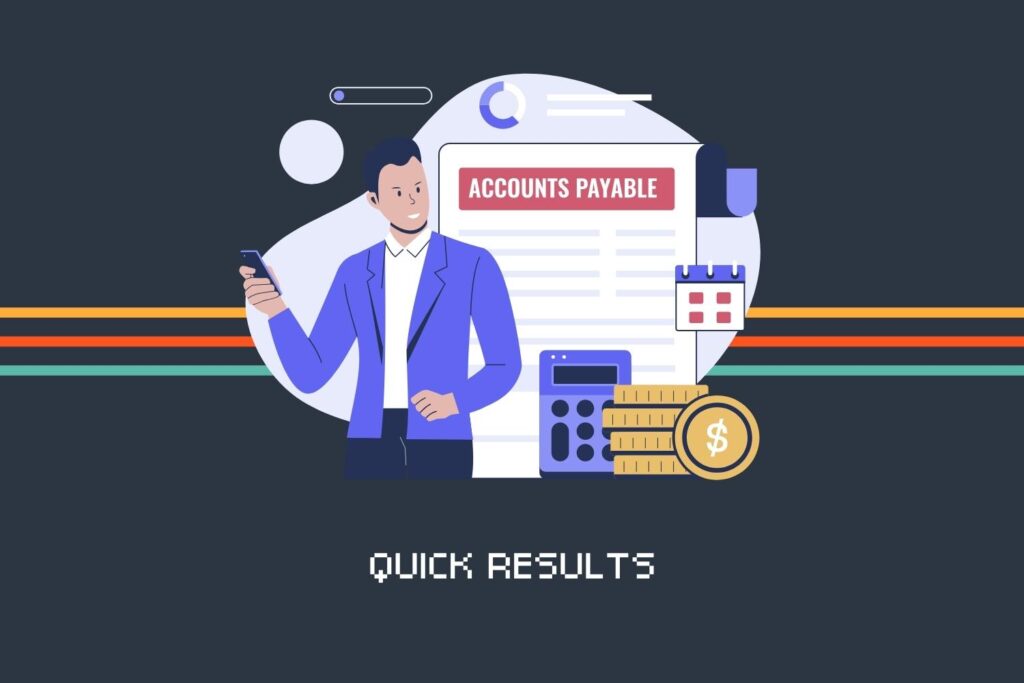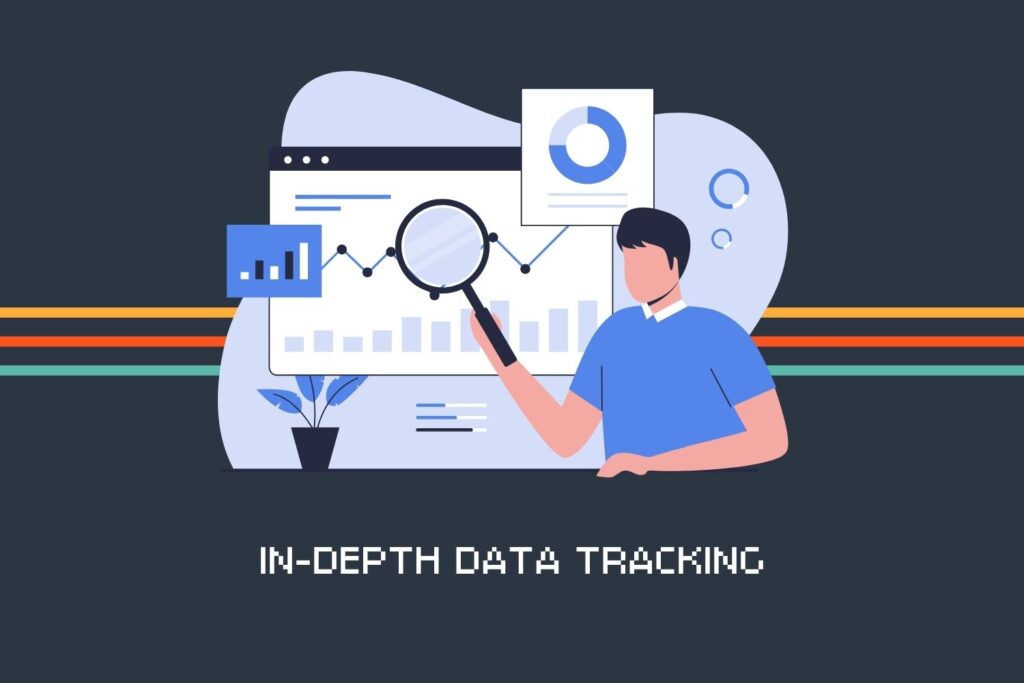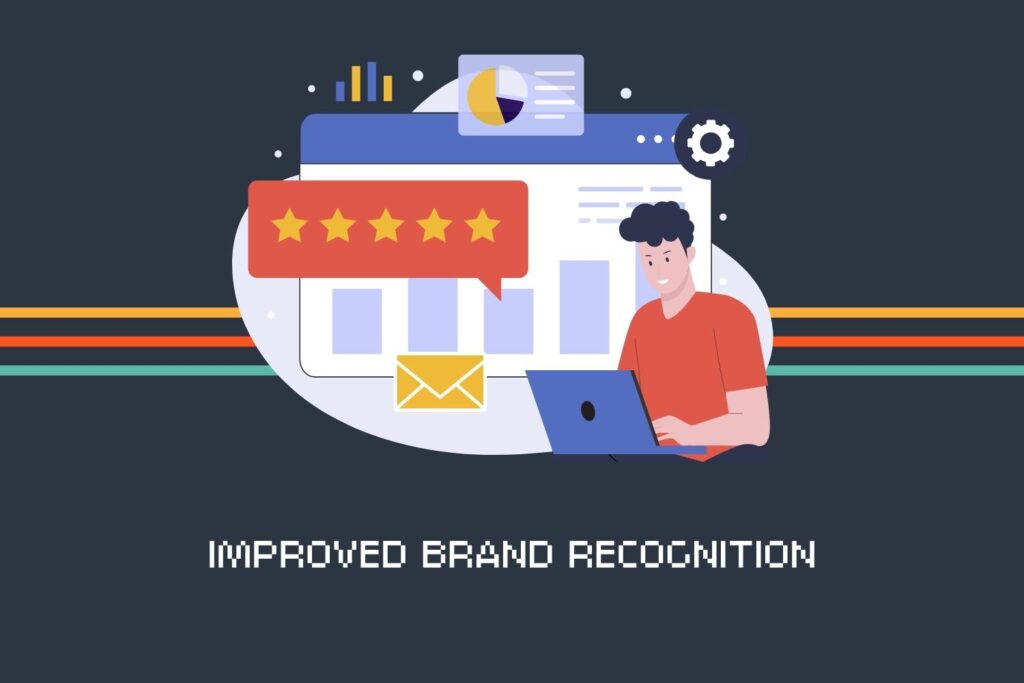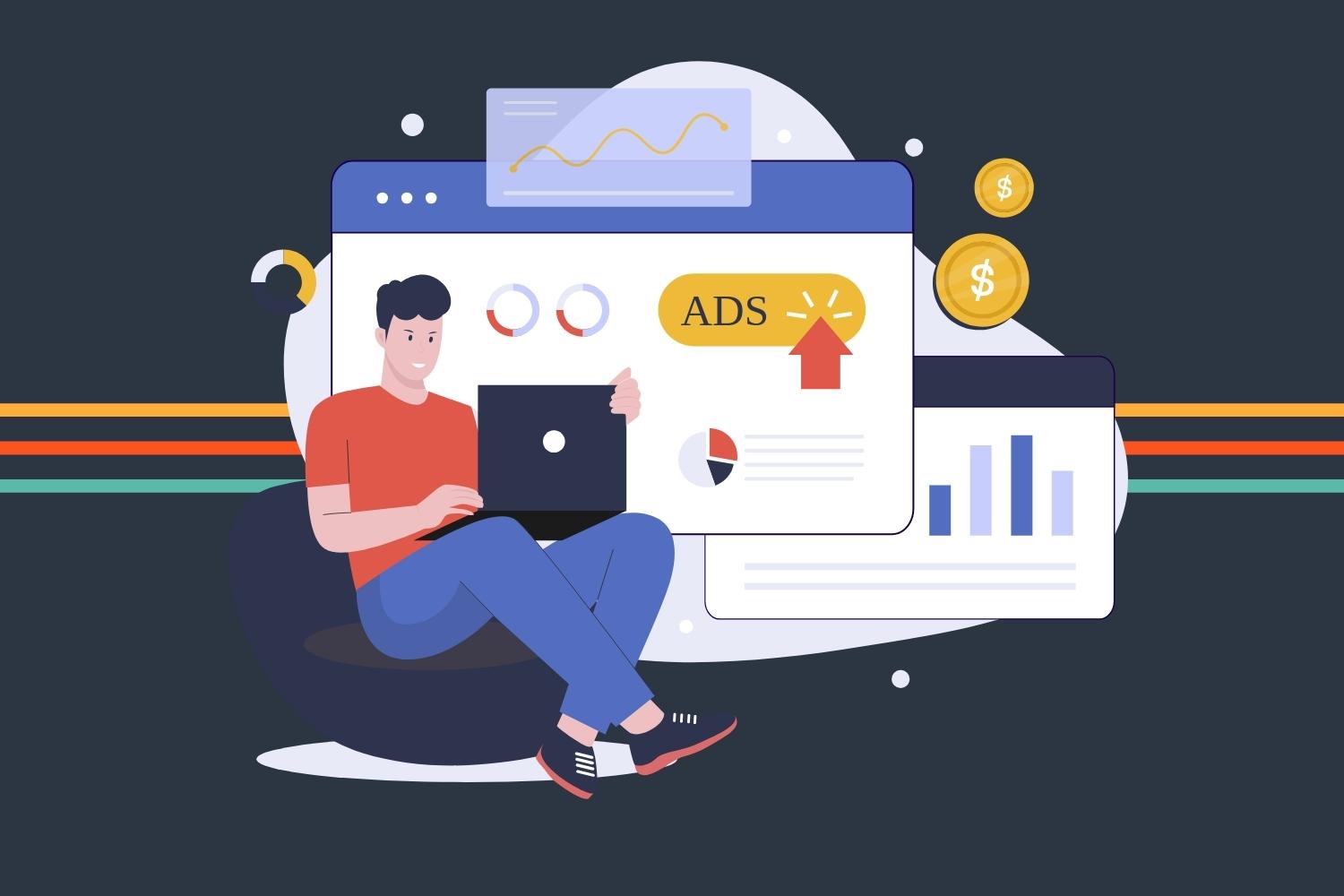What Are the Benefits That Make PPC Campaigns So Effective?
By now, most companies know that PPC campaigns are highly effective, but not all know why. Here’s a list of the main benefits that contribute to success.
Over the years, PPC has proven itself to be one of the best ad campaigns a business can use to generate sales. While the increase in online shoppers is a big reason for this, the main contributing factor is how effective this type of campaign is. If you haven’t seen the outstanding results of PPC for yourself, this guide covering the main benefits of PPC campaigns that make them so effective is here to help.
Ease of Setup
Setting up a PPC campaign may seem daunting at first glance, but the process is actually quite seamless. Online platforms like Google Ads and Bing Ads provide simple step-by-step guides and ad templates to help get your campaign up and running, which are very beginner friendly. With the right combination of keywords and ad copy, you can easily create ads that grab your target audience’s attention and drive them to your website.
In fact, launching a PPC campaign is often quicker than setting up most other types of digital marketing campaigns. Once you finish the setup, your ad will go through a quick background check before posting itself online. That means it’s possible to set up an entirely new campaign in as little as one day.
Quick Results

Not only does PPC have a fast setup—it also produces fast results. Compared to SEO and content marketing initiatives that take months to yield substantial results, PPC advertising delivers quick returns. The moment your ad starts running, it begins to generate impressions, clicks, and, ideally, conversions. This instant feedback loop allows you to see a notable increase in sales in no time.
Controllable Budgets
One of the most significant advantages of PPC campaigns is that they give you the ability to directly control your budget. This is something that other advertising methods don’t typically allow, at least not to this level. PPC platforms typically operate on a cost-per-click (CPC) basis, so you only pay when someone clicks on your ad. With daily or monthly budgets, you can control your ad spending easily, allowing you to remain within your means.
Moreover, PPC platforms often offer bid adjustment options, allowing you to decide which keywords are most important and where you’d like to allocate your budget more aggressively. By strategically focusing your budget on the keywords and ad placements that generate the best results, you’re able to maximize your return on investment and reduce wasteful spending on ads that don’t perform well.
Precise Targeting Controls
This leads to the next benefit that makes PPC campaigns so effective: audience targeting controls. They offer a level of customization and control that other marketing methods can’t quite match. With PPC, you have the power to zero in on the exact audience you want to target. This ensures that the people most likely to be interested in your offerings are the ones who see your ads. You can target by location, demographics, and keywords and even schedule your ads to run during specific hours of the day. It’s like having a fine-tuned marketing machine at your fingertips, allowing you to focus your ad spend on the customers who are most likely to convert.
Additionally, most PPC platforms offer the ability to set negative keywords, further refining your target audience. This allows you to prevent your ads from showing up for less relevant searches that aren’t as likely to lead to a conversion. For example, if you sell premium coffee, you can set a negative keyword for “cheap coffee.” This will ensure your ads don’t appear for those seeking a more budget-friendly option.
In-Depth Data Tracking

Another standout quality of PPC campaigns is the wealth of data they provide. This valuable information enables you to better understand the performance of your ads and make data-driven decisions. Platforms like Google Ads provide metrics like click-through rate (CTR), average cost per click (CPC), conversions, and return on ad spend (ROAS). These metrics help you gauge the success of your campaigns and highlight areas for improvement.
Furthermore, integration with tools like Google Analytics can give you an even deeper view of your audience’s behavior. They uncover the path your visitors take on your site after clicking on an ad, the pages they spend the most time on, and even the point at which they leave. This can all feed into reoptimizing your campaigns. In-depth tracking data empowers you to make well-informed adjustments, ultimately leading to increased effectiveness and better results.
Real-Time Adjustments
Of course, none of that data would matter if changing your ads was a difficult process. Fortunately, PPC campaigns give users the ability to make real-time adjustments. This means you can quickly react to changes in your target audience’s behavior or market conditions without having to wait for a new campaign to launch or a budget cycle to begin. For example, if you notice that a specific ad group or keyword isn’t performing as well as you’d hoped, you can decrease the budget for that group and allocate those funds elsewhere.
Additionally, you can also tweak your ad copy, landing pages, and keyword bids at any time during the campaign’s lifecycle. This level of real-time flexibility empowers you to capitalize on new opportunities, react to emerging trends, or tackle unforeseen obstacles, ensuring that you’re always making the most of your ad spend. This lets you constantly learn, adapt, and improve your marketing efforts based on data-driven insights.
Compatibility With Other Channels
While PPC campaigns are great on their own, another plus is that you can easily integrate them with other marketing channels, making them valuable additions to your overall marketing strategy. That means you can gather data from your PPC campaign and use it to inform your SEO efforts by identifying high-performing keywords and search trends. Also, remarketing campaigns can capitalize on the traffic generated through your PPC ads, targeting individuals who previously clicked on your ads but didn’t convert on their first visit.
Furthermore, you can harness the power of social media marketing and PPC by creating ads that resonate with your target audience on platforms like Facebook, Instagram, and LinkedIn. Combining these marketing channels allows you to create a cohesive and comprehensive campaign that engages prospects across the digital landscape and drives them toward conversion.
Suitability for Ad Testing
Typically, ad testing in other marketing formats can be quite expensive and challenging. That’s not the case with PPC campaigns. They provide the perfect opportunity to test different ad formats, messaging, and targeting options. By using features like ad rotation and A/B testing, you can determine which versions of your ads resonate most with your desired audience.
You can even use this feature to test new types of campaigns. Let’s say you recently learned some new strategies for using seasonality in your PPC campaigns but don’t want to risk your entire campaign on it. By using a section of your budget for testing, you can see how your new strategy goes while still running your working campaigns simultaneously. This iterative process allows you to refine and optimize your ad content, ultimately helping you to achieve better results and higher conversion rates.
Improved Brand Recognition

The best part of PPC campaigns is they don’t always need clicks to be effective. They can make an impact on customers by improving your brand recognition. Over time, this can lead to increased customer loyalty and trust. PPC advertisements can raise awareness for a brand or product quickly. They can help you reach numerous potential customers who may not be familiar with your offerings without costing you a penny, thanks to the cost-per-click structure. By using a consistent brand message in your PPC ads, you can further solidify your brand identity in the minds of consumers.
Competition Adjustability
Since all of this might sound too good to be true, many people tend to look at the large amount of competition online and get scared off. However, you shouldn’t let this idea deter you from running a PPC campaign. That’s because you can strategically choose the right keywords and target audiences as a way to avoid brand-name competitors and find potentially untapped markets. With PPC, you have the ability to reasonably compete with other companies on your level instead of fighting groups with bigger budgets for a highly coveted spot in traditional marketing outlets.
Plus, competition isn’t always a bad thing. The competitive side of PPC encourages innovation and requires a dynamic approach, empowering you to gain a competitive edge and capture your desired market share. With the data you’ll have, this will be easier than ever to accomplish.
